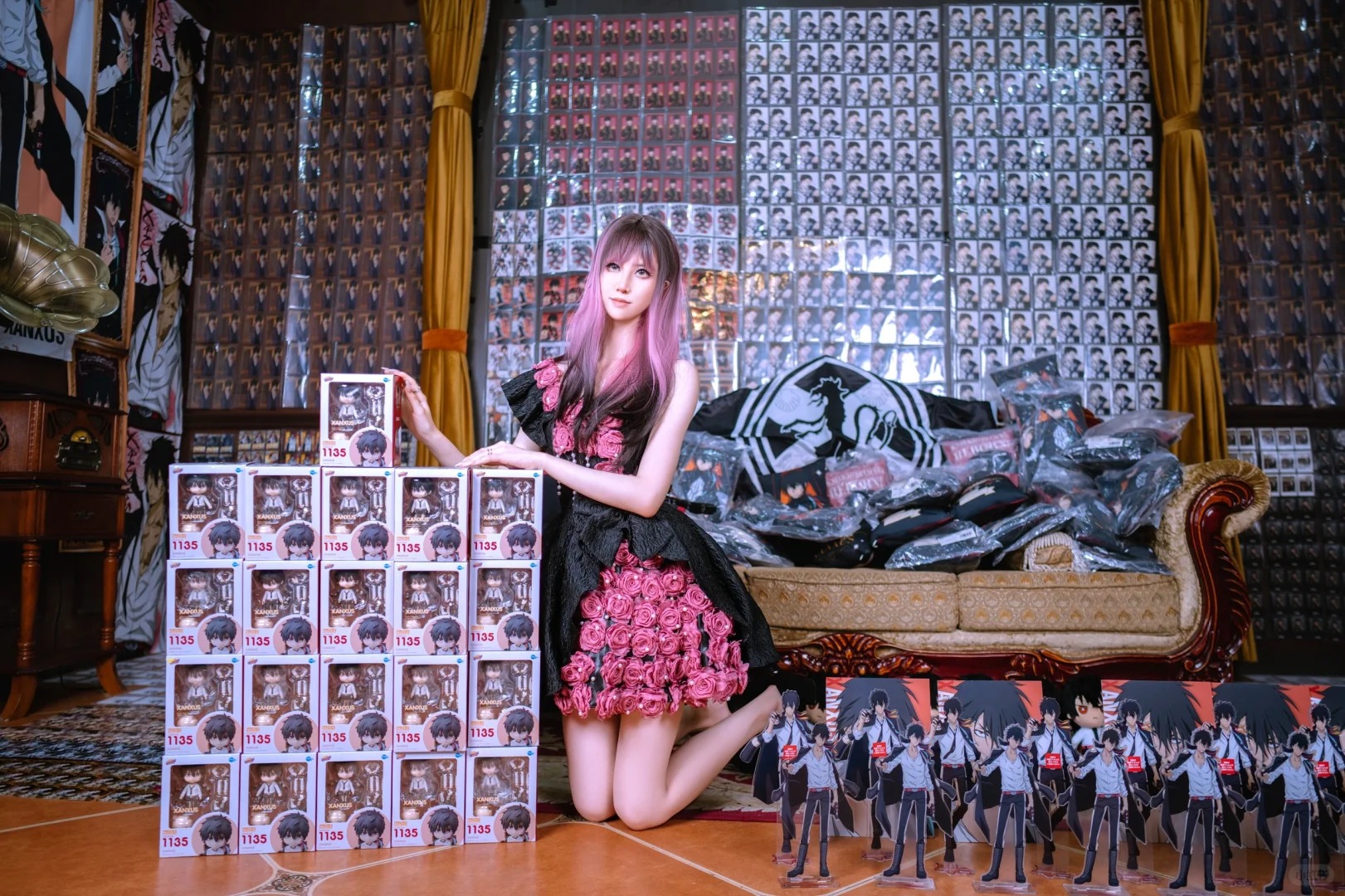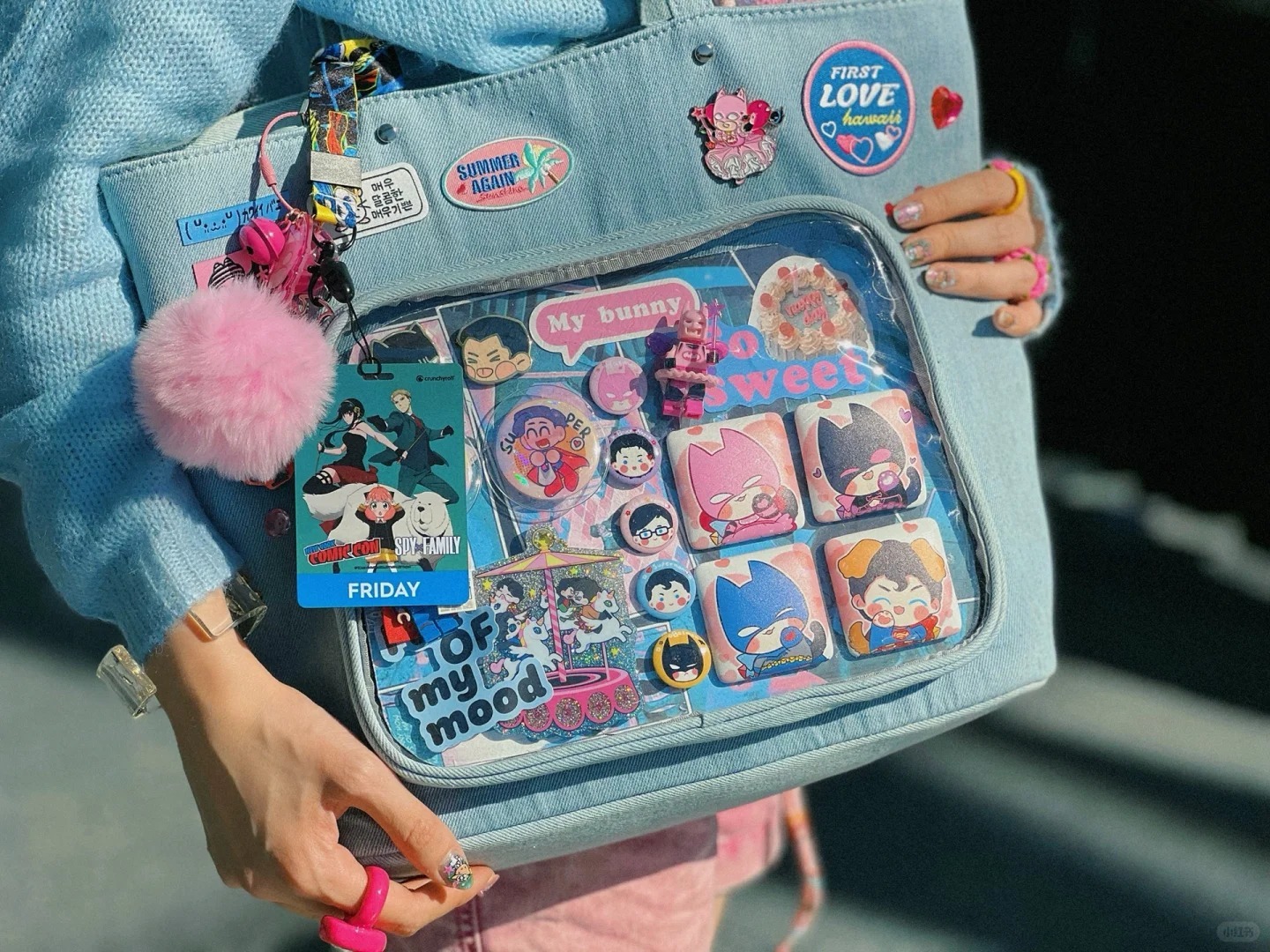Daniel Wu and Sean Chen have teamed up to produce ‘Evermind’ – and the Kickstarter is live today.
‘Evermind’ follows brilliant scientist Lucas Zhang, whose pursuit of achievement leads him to a dangerous neuralink technology, putting his humanity – and his relationship with his activist daughter – at risk.
The new graphic novel from 247 Comics puts Sean Chen and Daniel Wu at the front of the creative process. Chen, who has illustrated Marvel and DC properties like Iron Man and Batman Beyond, takes the helm with his first original story, while versatile Hollywood and Hong Kong actor Wu adds a sense of depth to the complex Dr. Zhang.
The result is a story that springs off the page from its first panel, and is ready-to-go for TV and film adaptations.
RADII Editor Adan Kohnhorst sat down with Daniel Wu and Sean Chen to discuss the creative act of ‘Evermind,’ and what it means for graphic novels, Asian-American media, and sci-fi storytelling.

RADII: Hey guys. Thanks a lot for making time to chat.
Daniel Wu: Absolutely.
Sean Chen: Great to be here.
My first question is for you Daniel. You’ve already done so much in your career – thriving in Asia’s entertainment scene as well as in Hollywood, then becoming a racecar driver. What makes you want to do all that, and why a graphic novel now?
Daniel Wu: Creativity has been a lifelong journey for me. I started as an architect, then ended up becoming an actor, then a producer, director, a martial artist, racecar driver…all these things. To me, this is all spirit-building, it’s all tied into one thing. I want to be a vessel to reflect this emotional energy.
It may seem unrelated, but it’s all part of the same thing. Race car driving pushes me to be in that moment. When you’re in a race, you have to find that calmness in the storm. When it comes to making a comic book, the journey can be chaotic. Moviemaking can be chaotic too, with all the little moving parts. But this is something that I’ve never done before, something I’ve always had an interest in.
Sean, how about for you? As a veteran illustrator working at the highest level, what made you want to write your own story?
Sean Chen: I’ve been working for Marvel and DC for so long. Usually for most artists, that means you’re at the top of your game. But there comes a point where you have to go one step beyond, and that’s basically creating your own IP and writing your own story. And that’s scary as hell.
The big question for me is, can a veteran artist succeed or survive outside of Marvel and DC? It means taking a big gamble on myself, and not really knowing the results for a couple of years.
I’m just hoping that it works out great, and putting all my energy into making the art and writing as good as possible.
It’s me waking up every day and putting everything on the page. There’s a lot of passion, and I’m loving what we’re creating. I think readers will see that the story is alive with energy.
Amazing. The preview chapters were exactly that.
Daniel, as someone who’s played a range of onscreen characters, how do you feel about Dr. Zhang?
I totally related to Zhang’s story. He’s trying to be good at what he does, and there’s a strong desire for excellence. He’s obsessed with being the best he can be.
There was a point in my life where I was an up-and-coming actor, and I just wanted to be the best. Number one, at the top, winning awards. After getting married and having a kid, I started to realize that it was very self-serving.
Sean wrote this character with a chip on his shoulder. He wants to prove that he’s a genius, thinking his work will make the world better. Over the course of his story, and through interactions with his daughter, he slowly starts to realize that his actions are kind of misguided.
This story has lots of real sci-fi throughout, not just aliens and lasers. What appeals about sci-fi for a story like this?
Daniel Wu: Good sci-fi is a reflection of present-day society. It seems like it’s about the future, but it’s actually a warning message for us today. And there’s no bigger ‘warning signal’ right now than the emergence of AI and new technology, and the ways it can help or hurt society.
Lucas Zhang’s neuralink technology could also be very powerful and positive in the right hands, but it could also be destructive in the wrong hands. That’s one theme we address.
But then also, at the core of the story is a very intimate and complex father-daughter relationship. If you’re a sci-fi fan, it hits those notes. But if you’re just into good storytelling, it hits those notes too.
Sean Chen: Sci-fi kind of hits you from a special angle. There may be issues in our world like racism, for instance. But instead of being black, white, or Asian, it’s a sentient android or an alien.
So the memo hasn’t gone out on that yet. A robot could be so sophisticated that it’s essentially human, but you could still treat it like trash because it’s a machine. So those kinds of parallels let you broach some interesting questions.

Daniel, you play Sun Wukong on ‘American Born Chinese,’ alongside Michelle Yeoh, Ke Huy Quan, and others. Incidentally, that story was based on a graphic novel whose narrative was driven by the Asian-American experience.
There’s kind of a renaissance going on right now in Asian-American entertainment. How do you feel about that, and what’s the next stage?
Daniel Wu: As an actor, I know for sure there’s a dearth of Asian-American roles in Hollywood. It’s gotten better, but there’s still not much out there for us.
Honestly speaking, I’m tired of the Asian-American immigrant story. I lived that, my parents lived that, a bunch of us all lived that. That’s great and fine, but there are also stories like ‘Evermind’ that have nothing to do with our race.
There’s a lot of stories about Asian-American identity that are really only for some subsets of Asian-Americans, and maybe for some ultra-woke NPR-listening white people. If you really want to make a difference, you have to do it on a mainstream level, and put Easter eggs of wisdom in there, rather than just shoving it down people’s throats.
I think now we’re more interested in the second phase of this renaissance, which is just being great storytellers and telling great stories. It has nothing to do with being Asian-American, it has to do with being human.
What was different about acting in Asia versus the US?
Daniel Wu: Well, I know what it’s like to make films without having to think about a white audience. Because I did it for 20 years in Asia.
In the US, a lot of my colleagues are just now opening the doors for Asian-Americans on screen. So they’re thinking, what stories do we tell to educate the wider American audience about our history and culture?
It’s very valid. But it’s not where I came from. In Asia’s industry, we were just trying to make the best movies possible.
Sean, what are your thoughts on ‘Asian stories,’ versus stories that feature Asian characters?
Sean Chen: There are important issues rising today, and one of the most important jobs as a writer isn’t just to entertain, but to give our opinions on how you should live your life as a good person.
Science fiction is a great way to broach those subjects. The characters’ ethnicity was chosen by [247 Comics]. They said, let’s team up with this guy, and it was a picture of Danny Wu. And he’s Asian, so that means his daughter is Asian. That was as far as that discussion went in terms of identity. The only thing that was a bit odd was that this is a family of very smart, science-oriented people, and they’re Asian, which kind of plays into the stereotype. We didn’t avoid it, and we didn’t play into it.
If we had a directive to show Asians in a positive light, it would not be Lucas Zhang, who is a highly flawed individual. It shows that Asians can play the villain.
Daniel Wu: Or a villain who’s not a triad!
I think Asian-Americans are suddenly being given the reins to storytelling. They want to show how we fit into America first. They want to show we can have superhero movies or love stories, and that we belong here. But the next phase is becoming good storytellers.
There’s another level here as well, where we’re giving control to the readers through Kickstarter. Do you want to see this made? My fans, Sean’s fans. We’ve got this thing cooking in the kitchen, do you want to have a hand in telling this story?
That’s kind of new and kind of revolutionary. It’s never happened in my world, in filmmaking. I see it starting to happen in the comic book world now. It’s saying, control isn’t in the studio exec’s hands. It’s not that guy who has to greenlight this, we don’t have to wait for that dude.
In the comic book world, there are a lot of famous Asian-American illustrators, but not that many Asian-American storytellers.
And so this is a chance for us to take more control, instead of being just the art guy. We’re the storytellers. We’re the publishers.
Cover image via 247 Comics


















